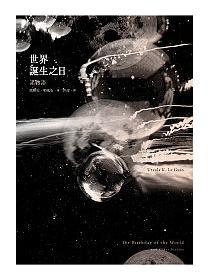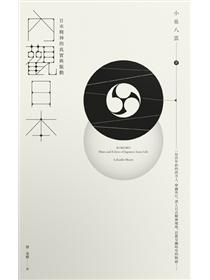章節試閱
The Rise of English
In eighteenth-century England, the concept of literature was not confined asit sometimes is today to 'creative' or 'imaginative' writing. It meant thewhole body Of valued writing in society: philosophy, history, essays andletters as well'as poems. What made a text 'literary' was not whether it wasfictional - the eighteenth century was in grave doubt about whether the newupstart form of the novel was literature at all - but whether it conformed tocertain standards of 'polite letters'. The criteria of what counted as litera-ture, in other words, were frankly ideological: writing which embodied thevalues and 'tastes' of a particular social class qualified as literature, whereasa street ballad, a popular romance and perhaps even the drama did not. Atthis historical point, then, the 'value-ladenness' of the concept of literaturewas reasonably self-evident.
In the eighteenth century, however, literature did more than 'embody'certain social values: it was a vital instrument for their deeper entrenchmentand wider dissemination. Eighteenth-century England had emerged, battered but intact, from a bloody civil war in the previous century which hadset the social classes at each other's throats; and in the drive to reconsolidatea shaken social order, the neo-classical notions of Reason, Nature, order andpropriety, epitomized in art, were key concepts. With the need to incorpor-ate the increasingly powerful but spiritually rather raw middle classes intounity with the ruling aristocracy, to diffuse polite social manners, habits of'correct' taste and common cultural standards, literature gained a newimportance. It included a whole set of ideological institutions: periodicals,coffee houses, social and aesthetic treatises, sermons, classical translations,guidebooks to manners and morals. Literature was not a matter of 'feltexperience', 'personal response' or 'imaginative uniqueness':such terms,indissociable for us today from the whole idea of the……
The Rise of English
In eighteenth-century England, the concept of literature was not confined asit sometimes is today to 'creative' or 'imaginative' writing. It meant thewhole body Of valued writing in society: philosophy, history, essays andletters as well'as poems. What made a text 'literary' was not whether it wasfictional - the eighteenth century was in grave doubt about whether the newupstart form of the novel was literature at all - but whether it conformed tocertain standards of 'poli...
目錄
Preface to the Second Edition Preface Introduction:What is Literature?
1 The Rise of English
2 Phenomenology, Hermeneutics, Reception Theory
3 Structuralism and Semiotics
4 Post-Structuralism
5 Psychoanalysis Conclusion:Political Criticism Afterword Notes Bibliography Index
Preface to the Second Edition Preface Introduction:What is Literature?
1 The Rise of English
2 Phenomenology, Hermeneutics, Reception Theory
3 Structuralism and Semiotics
4 Post-Structuralism
5 Psychoanalysis Conclusion:Political Criticism Afterword Notes Bibliography Index
 1收藏
1收藏

 2二手徵求有驚喜
2二手徵求有驚喜




 1收藏
1收藏

 2二手徵求有驚喜
2二手徵求有驚喜




























